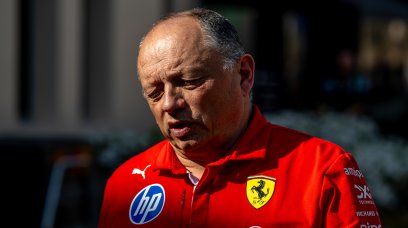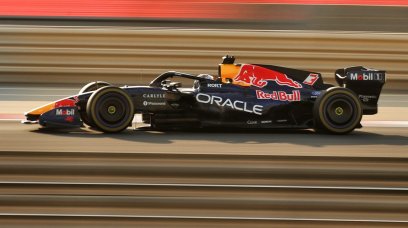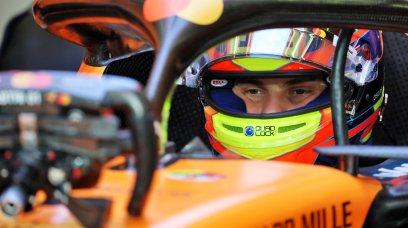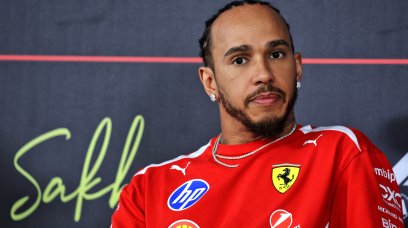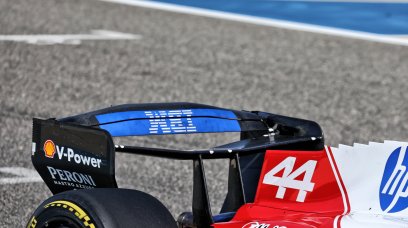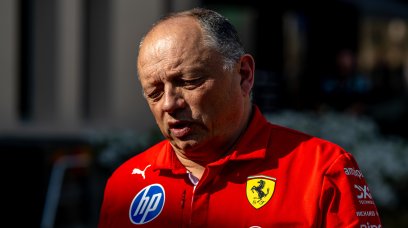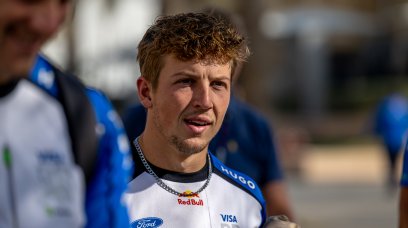You've arrived for pre-season testing with the hopes and dreams that only a fresh season of Formula 1 can bring - and it has been a disaster. The car is slow, the drivers uncomfortable and all your winter simulations have been proved wrong - so, how do you react? Fortunately for teams, it is very rare that they will head into pre-season testing and discover any unexpected nasty surprises. In 2022 of course, porpoising with the new ground-effect cars took a while to overcome as teams grappled with the extreme bouncing, but this is firmly the exception rather than the rule.
Red Bull 2014
For the first tests of the turbo hybrid era, Red Bull was struggling with power unit supplier Renault's package. The Renault unit was unreliable and down on power as the tight packaging of the RB10 also caused problems with overheating. In the second test of the pre-season in Bahrain, Red Bull was forced to run with the ERS systems disabled, a loss of 160bhp as Sebastian Vettel and Daniel Ricciardo actually finished outside the 107% time and would not have qualified for the Grand Prix, if it were a qualifiyng session. It got worse when in the final test, also in Bahrain, when Vettel returned for his two days of running, the car broke down before he could even post a lap. Heading to Melbourne in disarray, Red Bull eventually solved its problems - for Ricciardo at least, as he finished second on the road to Nico Rosberg's Mercedes. He would be disqualified from exceeding the fuel flow rate, but at least the RB10 had completed a race distance, with Vettel taking third next time out in Malaysia.
Williams 2019
Perhaps the most recent extreme example of pre-season testing going wrong came in 2019 with Williams. After a poor 2018 season, a fresh driver line-up of F2 champion George Russell and the returning Robert Kubica after nine years away, promised much, but the FW42 was a failure. Delays in the build process meant the car was late arriving to Barcelona, and it missed the first two days of running, with Russell only completing 23 tours on the third day as part of its shakedown. It eventually completed just 567 laps and was nearly two seconds slower than pace-setter Vettel in the Ferrari. The car was illegal as well as the bargeboards, suspension and wing mirrors were forced to be modified by the FIA to ensure legality as the car was often cast adrift at the rear of the field. Only in the chaotic wet German GP did it score a single point, through Kubica, but only after Kimi Raikkonen and Antonio Giovinazzi were given 30-second penalties for illegal driver aids at the start.
Most read
